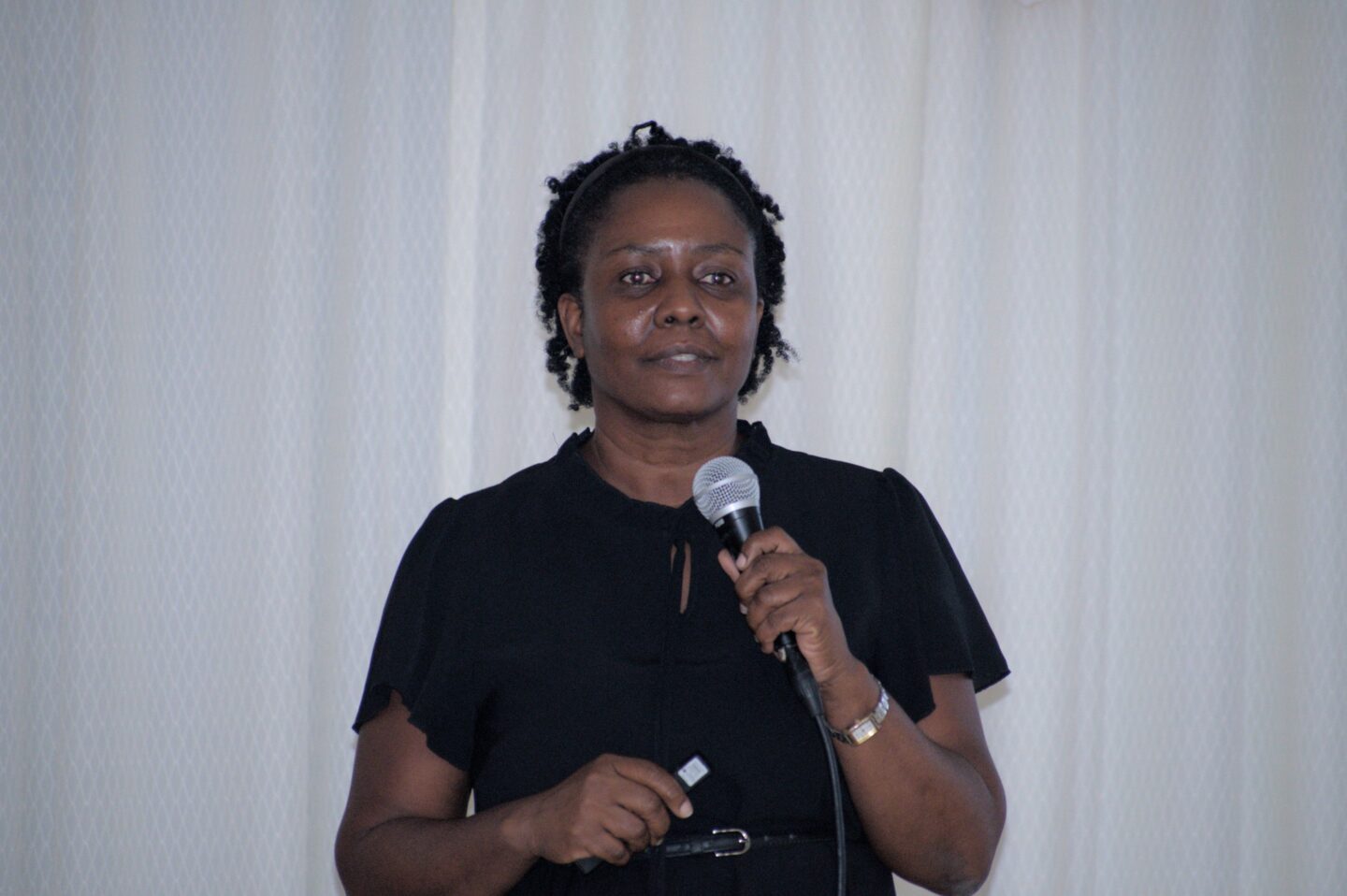On Wednesday, 8 October, healthcare professionals, policymakers, and regional experts convened for a pivotal Scoping Meeting on Cancer Policy for the Caribbean. Organized by the Caribbean Cancer Portal (CCP) in partnership with governmental and non-governmental organizations across the Organisation of Eastern Caribbean States (OECS), the event marked a significant stride toward a unified regional strategy for cancer prevention and control. Attendees included representatives from private health sectors, ministries of health, civil society organizations, academic institutions, and health authorities, all focused on evaluating current policies and identifying actionable priorities. Cancer remains a leading cause of death in the Caribbean, with escalating incidence and mortality rates attributed to preventable factors such as tobacco use, unhealthy diets, alcohol consumption, physical inactivity, and environmental hazards. While advancements have been made in screening and palliative care, critical gaps persist in policy implementation, treatment accessibility, and data-driven decision-making. Key discussions highlighted the necessity for robust national cancer control plans aligned with global frameworks, improved access to affordable diagnostics and treatments, increased investment in cancer surveillance and research, and enhanced collaboration among governments, private healthcare providers, and development partners. Dr. Lindonne Telesford, Associate Professor at St. George’s University and Co-Founder of the Caribbean Cancer Portal, emphasized the meeting’s importance as a foundational step toward a comprehensive Caribbean Cancer Policy Framework. Dr. Horace Cox, Director of Surveillance, Disease Prevention and Control at the Caribbean Public Health Agency (CARPHA), underscored the urgency of regional cooperation, stating, “Cancer is the leading cause of death in the Caribbean and has a major impact on health and development. Strategic and intentional action is imperative.” Dr. Taraleen Malcolm, Advisor for Noncommunicable Diseases and Mental Health at the Pan American Health Organization (PAHO), echoed this sentiment, expressing gratitude for the collective dedication to advancing cancer prevention and control. The meeting’s outcomes will shape the development of a Caribbean Cancer Policy Roadmap, guiding future initiatives, advocacy efforts, and partnerships to reduce cancer-related morbidity and mortality in the region.
